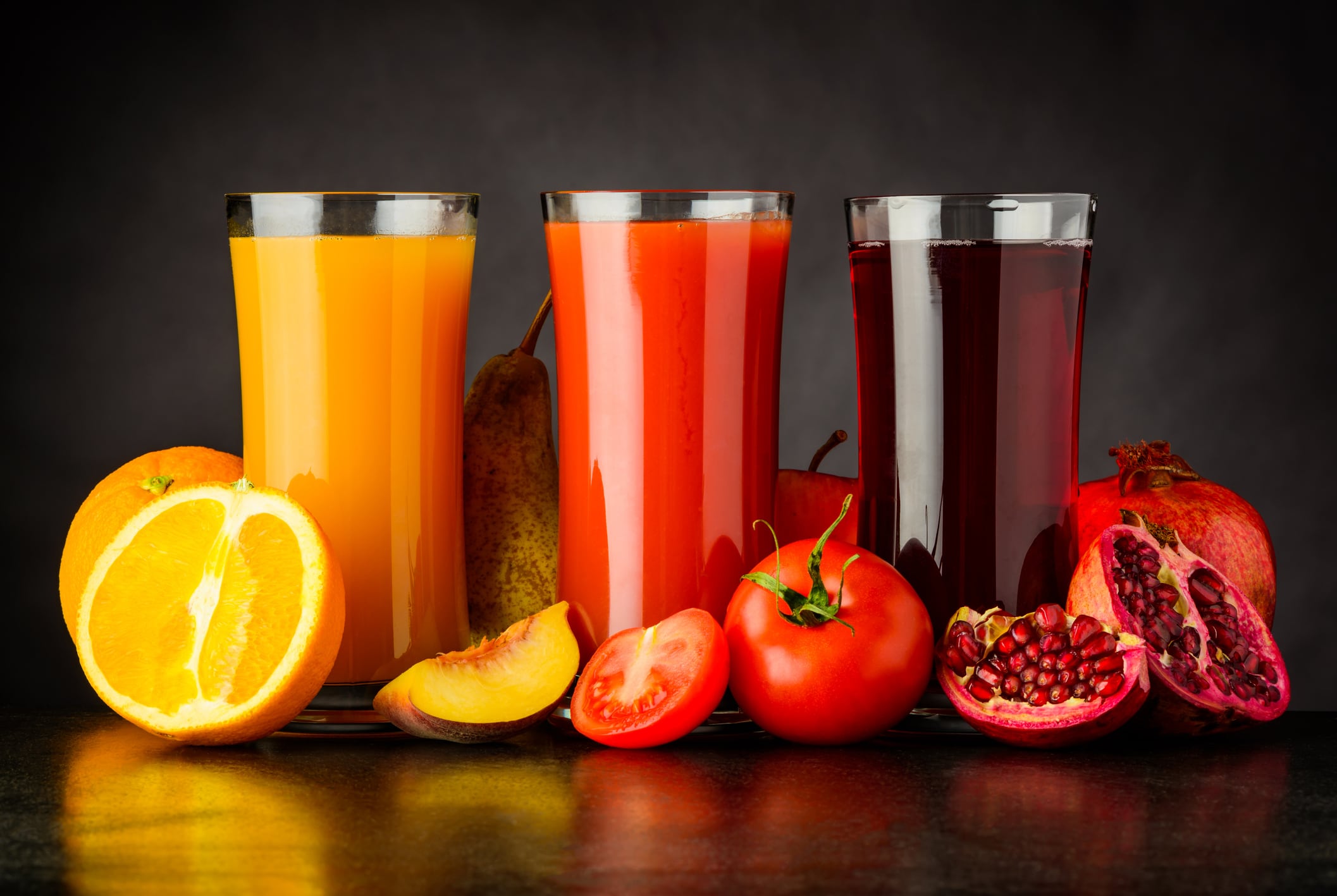Children should be breastfed exclusively for the first six months, according to WHO’s recommendation that has been in place since 1981. Commercial complementary foods should not be advertised for infants under six months of age, states its 2016 global guidance.
But a WHO study showed high levels of total sugar in Europe that risked encouraging “a lifelong preference for sweet foods, undermining healthy eating advice”.
WHO looked at 7,955 food or drink products for infants and young children (0-36 months) from 516 stores in four cites in the WHO European Region (Vienna, Austria; Sofia, Bulgaria; Budapest, Hungary; and Haifa, Israel) between November 2017 and January 2018.
The results showed high levels of total sugars in all four countries. In Austria, Bulgaria and Hungary, in around half or more of products, more than 30% of energy was provided by sugars and more than four in 10 products had 40% or more of energy from sugars. In Israel, levels were lower; nonetheless, nearly one in five products (18%) had more than 30% of energy from sugars. Use of some kind of sweetening agent – most commonly 'sugar' or 'concentrated fruit juice' – was widespread, featuring in around a third or more of the products.
These added flavours and sugars could affect the development of children’s taste preferences by increasing their liking for sweeter foods, noted WHO.
“Although foods such as fruits and vegetables that naturally contain sugars are appropriate for infants and young children, the very high level of free sugars in puréed commercial products is also cause for concern,” it added.
Food manufacturers ‘ignoring WHO recommendations’
It also found widespread inappropriate promotion of commercial baby foods in the four countries even though guidance on the claims that can be made was agreed in 2016.
“Previous WHO calls to end inappropriate promotion of foods for infants under six months of age have been ignored by most large food manufacturers,” it said.
Action needed
WHO/Europe called on action by EU countries to support its recommendations.
“Good nutrition in infancy and early childhood remains key to ensuring optimal child growth and development, and to better health outcomes later in life – including the prevention of overweight, obesity and diet-related noncommunicable diseases,” said Dr Zsuzsanna Jakab, WHO Regional Director for Europe.
Dr Kawther Hashem, nutritionist at the UK campaign group Action on Sugar, said: “The current state of the UK’s baby food market is shocking, with high sugar products making up two-thirds of the baby finger food category. Consequently, this encourages snacking from an early age and high exposure to sugary foods which can lead to obesity, Type 2 diabetes and tooth decay. It is imperative that the government tackles this issue head on and enforces the key recommendations in the report.”
The recommendations:
- A nutrient profile model that establishes nutrient thresholds for nutritionally appropriate foods for infants and young children may be developed. This would inform national and regional discussions on legislation and policies relating to these products, which are growing in importance in the European Region.
- Guidelines on complementary feeding practices may need to be updated in some Member States of the European Region to reflect the modern context where commercial foods make up a larger proportion of the diets of babies and toddlers than was the case previously.
- Parents and caregivers need guidance on how to navigate the market, how to balance their child’s diet in light of the products currently on the market, and the continued importance of homemade foods.
- Labelling of foods for infants and young children needs to be improved. Manufacturers and retailers should comply with the international Code and the WHO Guidance, including for composition, nutrition, health or development claims or statements.
- Products should not be marketed as suitable for babies under six months of age.
- Food producers should look to produce more vegetable and savoury foods than fruit-based and sweet foods; reduce the total- and free-sugar content of foods; use no added sugars or sweetening agents; use appropriate names; and avoid producing treats or desserts.




